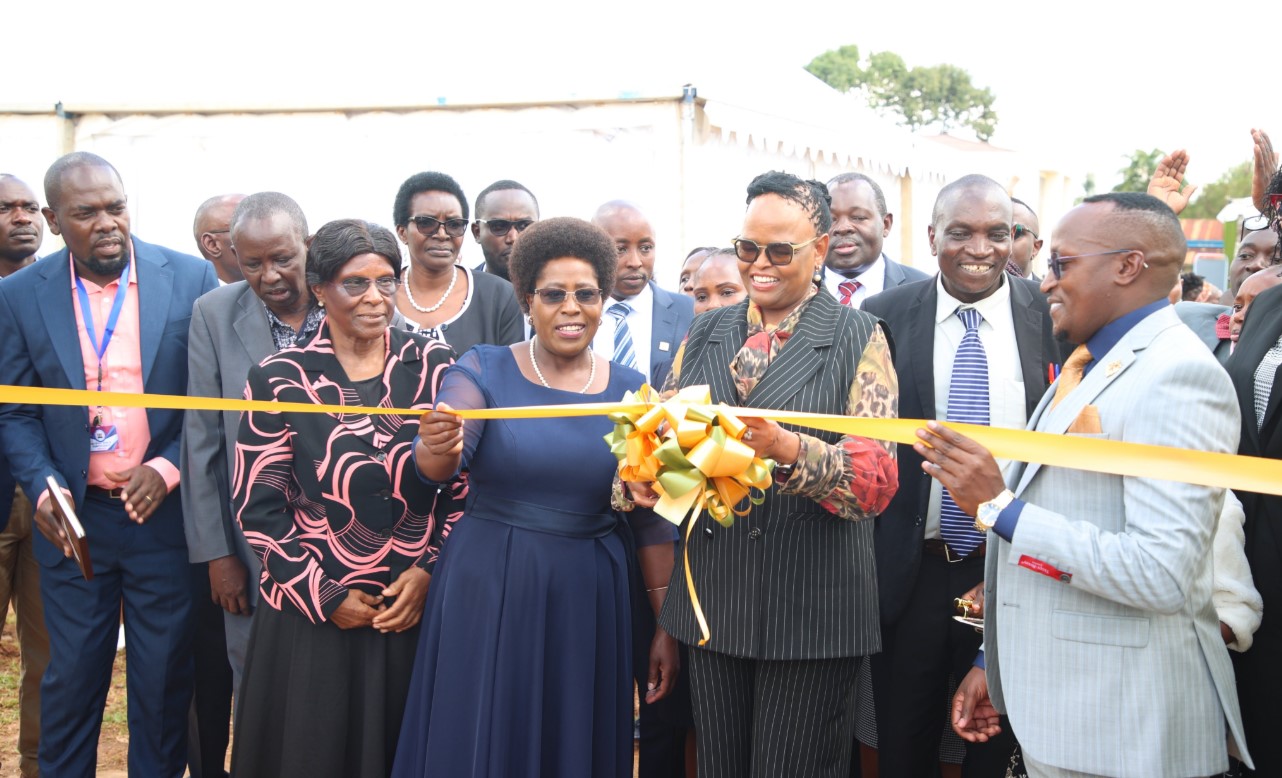CJ Koome says underfunding of Judiciary to blame for delayed justice

Koome encouraged Kenyans to adopt alternative dispute resolution methods as a cost-effective and efficient way of resolving disputes.
Chief Justice Martha Koome has raised concerns over the persistent underfunding of the Judiciary, arguing that it is being side-lined compared to vital sectors like health, education, and security.
Speaking during the opening of Kamwangi Law Courts in Gatundu North, Kiambu County, CJ Koome, who is also the president of the Supreme Court of Kenya, emphasized the need for budgetary parity among the arms of government. She noted that inadequate funding hampers the Judiciary’s capacity to recruit adequate judges, magistrates, and staff, consequently delaying the administration of justice.
More To Read
- CJ Koome urges contextual enforcement of Marriage Act, stronger family justice system
- Illegally grabbed Mombasa land to host affordable housing units after EACC recovery
- How circuit, mobile courts expanded justice to underserved communities - report
- CJ Koome affirms Judiciary’s commitment to transparency, says trust central to transformation
- Supreme Court to receive title deed by December 25, says DP Kithure Kindiki
- Koome reports historic 104 per cent case clearance rate, hails milestone for justice access
“We need to treat investment in justice the same way we treat health, education, and security sectors since access to justice is a fundamental right that touches every aspect of our lives. We cannot talk of case backlogs when we face budget constraints. We can only do well if we invest in systems and infrastructure that make justice delivery possible,” Koome said.
Highlighting the Judiciary’s ambitious plans, the Chief Justice revealed that there are ongoing efforts to establish law courts in all the 290 constituencies. With 141 courts so far completed, she urged Members of Parliament from the remaining areas to support the initiative.
In addition to calling for more funding, Koome encouraged Kenyans to adopt alternative dispute resolution (ADR) methods as a cost-effective and efficient way of resolving disputes.
“Desist from rushing to the courts over matters that could be settled through alternative dispute resolution. ADR is cheaper and less time-consuming than pursuing justice through the courtrooms,” she noted.
The event was also attended by officials from the Law Society of Kenya (LSK).
LSK council member Steve Mbugua urged the Judiciary to uphold its independence.
“The Judiciary must assert its authority as the custodian of justice and resist any compromises from the state,” Mbugua asserted.
Top Stories Today














































